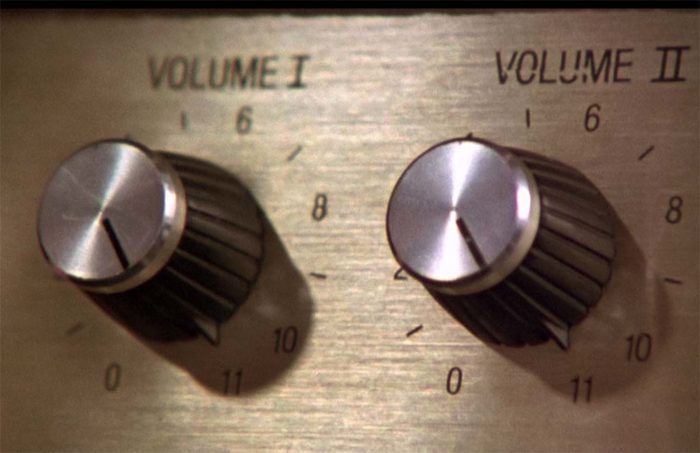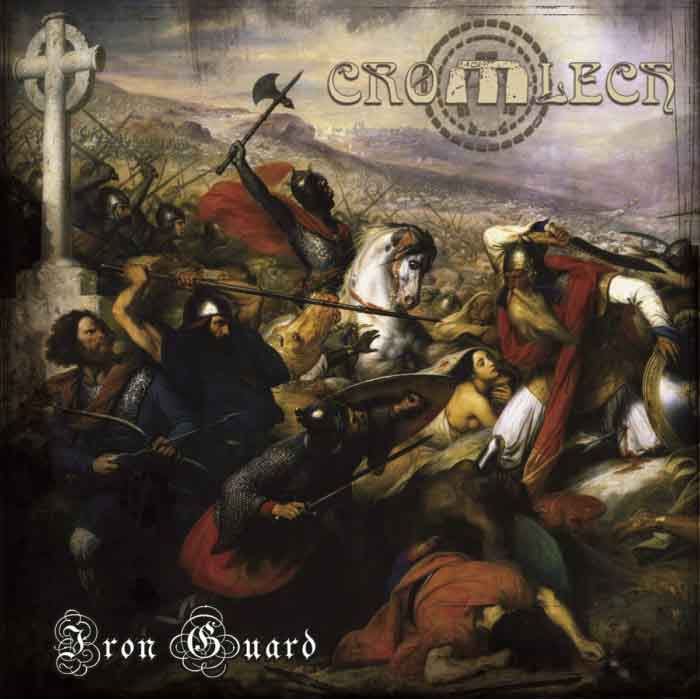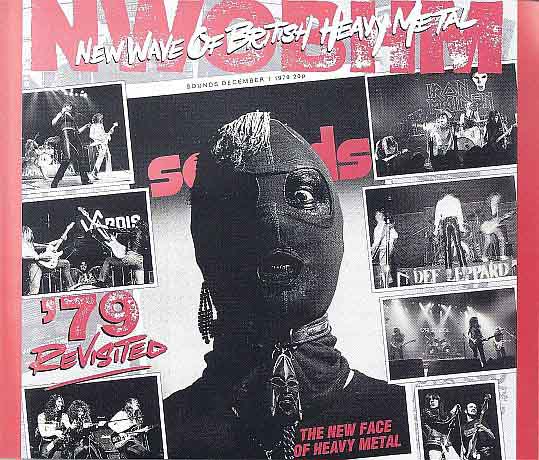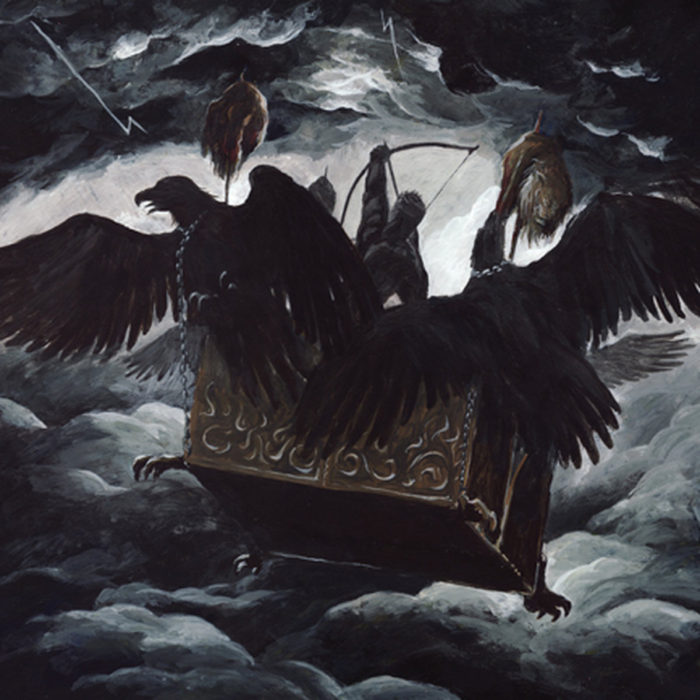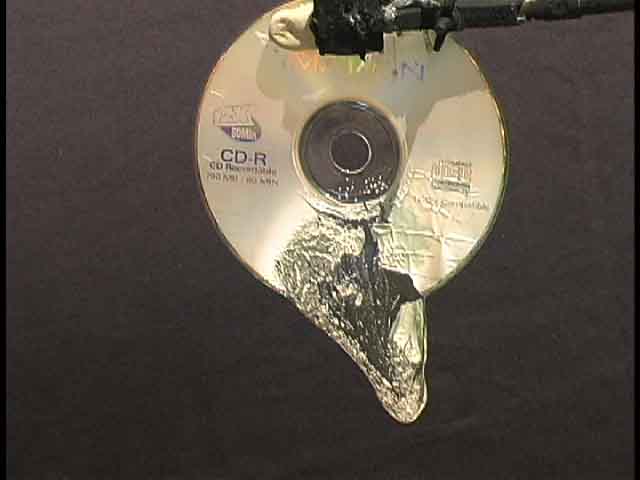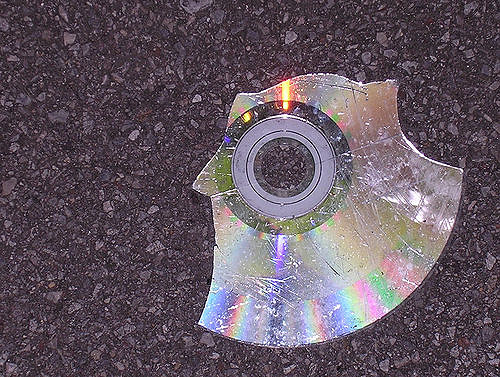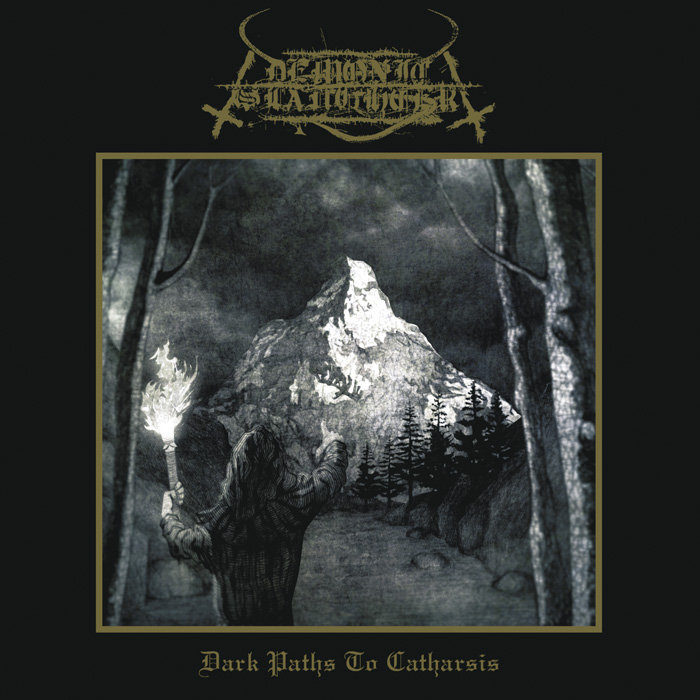With the fiftieth anniversary of metal music around the corner, forthcoming years will witness an increase of publications dealing with the history, legacy and defining characteristics of the genre. This could finally resolve the lack of consensus that still exists regarding the definition and origins of heavy metal.
25 CommentsTags: Ambient, article, black sabbath, cream, electronic, Genesis, hard rock, Heavy Metal, heavy metal history, heavy rock, metal history, origins of heavy metal, progressive electronic music, progressive rock, proto-metal, psychedelic rock, punk, tangerine dream, the stooges
